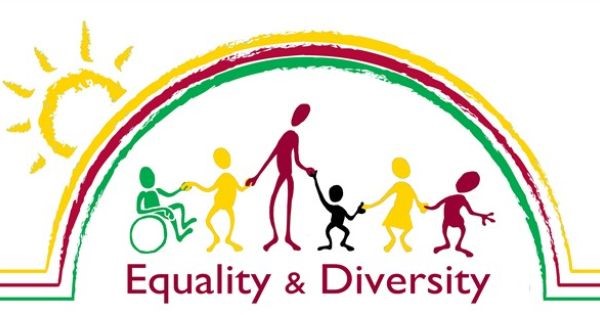
HOW CHILDREN CAN LEARN ABOUT INCLUSIVITY Home Work Help
Is inclusivity important?
Inclusivity from societal practice refers to the practice of providing equal access to community resources and opportunities to marginalised people. This practice requires to be properly followed up from the early stages of one’s life. Children are considered as the face of the upcoming future. The effectiveness of inclusive practice depends on the knowledge of children about inclusivity both socially and professionally. Children who know about inclusivity reflect a sense of equality & diversity in their lives.
Being inclusive is more than a “moral obligation”. A UK based survey conducted by “Health and Social Welfare Committee” has revealed that 99% of children who are taught about inclusivity morally perform well in social and professional work. Therefore, teaching students about inclusivity from early childhood makes them learn to appreciate differences. They will become more collaborative while accomplishing particular things collectively. Here, an important question always arises regarding the way to make children understand about inclusivity.
Who is responsible for it?
Both the parents and school hold equal responsibility to educating children about inclusivity. They are found as the front-liners who pull this movement upright.
Parents have always been the key player in the process of developing the inclusive mind of their children. They must act as a role model to inspire their children. A child makes follow up of what his or her parents do more than of what they say. A global-based survey reveals that 99% of children across the world tend to be the Xerox copy of their parents. They learn by following their caretaker. So, it is important for either the mother or the father acting as the caretaker to understand that her/his actions convey the message to the baby. Actions speak louder than words. Hence, parents should make an effort to be more inclusive than they actually are to inspire their children in growing up with an inclusive mind.
At the very beginning, when children learn to make sense, parents must teach them compassion. In this elementary-age children must be provided with the knowledge about the sacrament of friendship. This is the touch point that can help a child to build up his or her collective and collaborative mind-set. The parents must teach their children to be aware of others who might feel left out. Children must know about the “fine art of small talk and questioning” for drawing other children into conversation.
School’s guidance on inclusivity
In case of the school, the management or authority must practice an educational system abided by the guidelines of inclusive education. UNICEF, in this regard, has suggested that in order to promote inclusive education, schools must provide access to real learning opportunities to all students regardless of ethnicity, culture, religion or nationality. Exclusion based on either physical or mental disability is the chief barrier to inclusivity. Parents as well as teachers must teach children about embracing all and showing compassion to any children having physical or mental disability. In the UK, before the intervention of UNICEF, almost 53% of schools did not have that facility to meet the criteria for inclusive education. There was no adequate for students either having disabilities or different backgrounds.
Children should be taught in the school to embrace other marginalised students with collaboration and friendly behaviour. Learning this from the school-age is necessary for children to develop an inclusive mind-set that will help them in future. Learning cannot only be gained through manners only. Here, subjective knowledge is also required. Therefore, a major duty falls under the part of either parents or teachers to encourage children to go through Diverse Children’s Books. Books that contain information about inclusion as well as exclusion are beneficial to improve children’s knowledge on inclusive practices. These books can help in developing a knowledge asset for children having no or less knowledge about the fundamentals of inclusivity.
Alongside reading books, there are also other criteria to be followed for creating a sense of inclusivity among children of the 21st century. Parents must permit their children to talk and make friends with other marginalised children. Here, a sense of compassion is built up. A self-driven mind-set is created which leads them to weave their own-understanding on how to make collaboration and perform collectively.
Guidance to develop inclusive world
In including students in activities, collaborative and learning environments are facilitated. In understanding inclusivity, it is important that the student learn about working in group environments. Students could learn capabilities to flourish in a friendly and interactive environment. Children with disability as well as those without disability can be benefitted from feeling included and making others feel the same. By promoting and learning about inclusivity, students can understand the impo